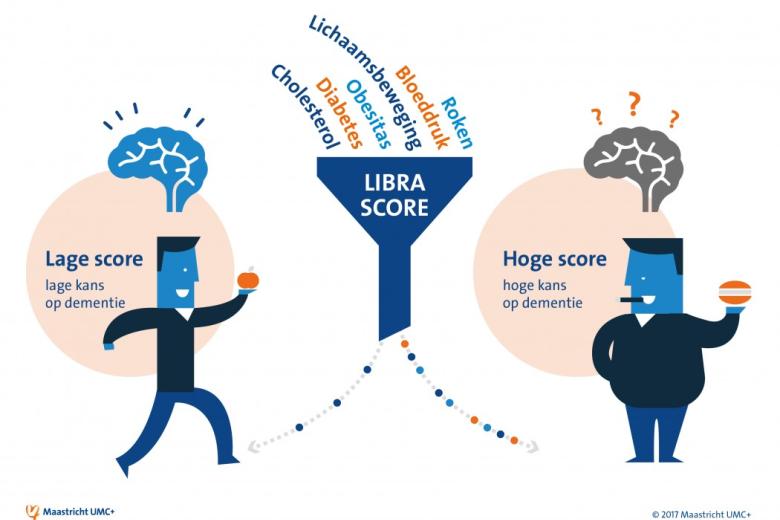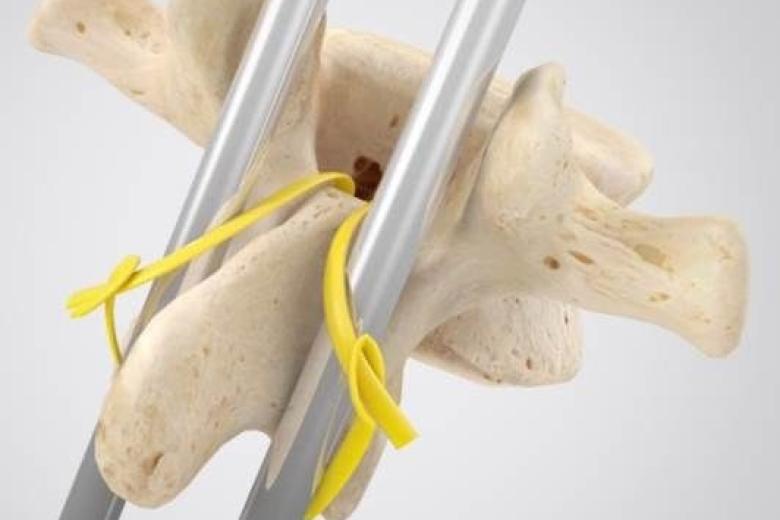New scientific director Ilja Arts presents research lines at first MaCSBio Day
Professor Ilja Arts, scientific director of the Maastricht Centre for Systems Biology (MaCSBio), announced at the first MaCSBio Science day on 17 May that the institute would focus on two research lines: systems medicine of chronic diseases and computational and systems neuroscience.
MaCSBio was founded in April 2015 by senior researchers at FHS, FHML and FPN as a unique axis for top research in systems biology and mathematical modelling in Limburg. Professor Ilja Arts is a project leader for one of the first MaCSBio projects and accepted the role of scientific director with enthusiasm.
MaCSBio, which aims to promote scientific development with the support of the province, employs more than twenty-five researchers from various disciplines, such as mathematics, physics, neuroscience and biology. They work in transdisciplinary teams to create new models that further our understanding of living systems and develop new strategies for healthier living. MaCSBio was officially opened on 17 May during the first Science Day. The research lines presented by Ilja Arts build on the start-up projects that prompted the centre's foundation in 2015.
Systems biology is the future of life sciences. With an increasing amount of data being generated using the latest techniques, such as genomics and imaging, it has become possible to develop computational and mathematical models that foster our understanding of complex human biology.
In 2013, Professor Ilja Arts was appointed endowed professor of Molecular Epidemiology of Chronic Diseases at Maastricht University. She was appointed scientific director of MaCSBio on 1 February 2016 and is tasked with ensuring interfaculty collaboration in the field of systems biology. She left Wageningen for Maastricht in 2006 with a Veni grant for carrying out research in the fields of nutritional science, molecular epidemiology and analytical chemistry. This makes her an excellent binding factor in the transdisciplinary field of systems biology. 'I think modelling is indispensable to the field of modern life sciences and I'm extremely pleased to play a leadership role in this,' says Arts.
Also read
-
Capillary damage can lead to depression
The Maastricht Study specialises in conducting microcirculation measurements

-
Individual risk profile could help prevent dementia
Prevention of dementia potentially stimulated by drawing up personal risk profile (MUMC+ news).

-
New plastic fixation cable for scoliosis surgery
Less invasive operation, maximum vertebral growth, and no stray metal particles (MUMC+ news).
